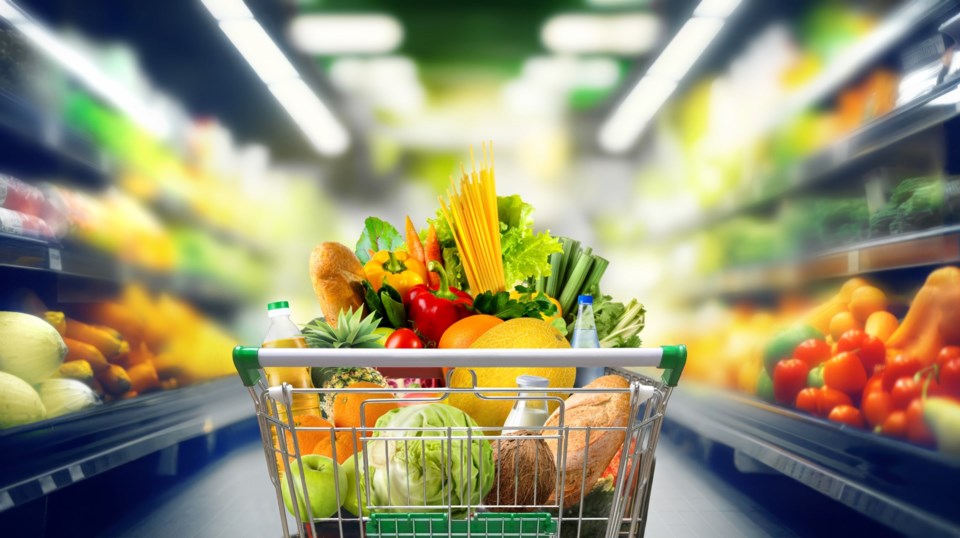Ottawa recently witnessed a dramatic scene, especially during the Parliamentary Committee on Agriculture proceedings, where a few witnesses chose to prioritize their agendas over assisting our elected officials in comprehending the complexities of food prices and the necessary actions to be taken.
, an economist seemingly more interested in grabbing headlines and camera attention to boost fundraising and personal interests, made bold claims about “record and excessive profits” in the grocery sector for 2023. The term “excessive profits” has become a favourite slogan for those seeking to foster animosity towards businesses.
However, it’s crucial to note that his argument relied on Statistics Canada data, which encompasses convenience stores and specialty stores in its dataset, not solely the major grocers. The sensationalized “$6 billion” figure quickly circulated in the news, causing considerable harm.
The facts indicate that gross margins, a valuable metric for assessing whether a company overcharges for its goods, will remain at 3.4 percent, consistent with the five-year average for Loblaw, Empire, and Metro.
Regrettably, we shouldn’t expect an apology from this economist. He seems intent on misleading Canadians, insisting that profits should continue to rise due to inflation while resorting to attention-grabbing headlines and fearmongering tactics, which are regrettably proven effective. This was a reprehensible misuse of a platform to advance a political, anti-corporate agenda – utterly disappointing and disingenuous.
Loblaw also made some questionable claims during its visit to Ottawa concerning the potential impact of a grocer’s code of conduct. The company admitted on Dec. 23 that the Australian example cited by its CEO, Galen Weston, to justify their refusal to sign the code of conduct was inaccurate.
At that time, Loblaw’s CEO expressed concerns to federal officials that the current code of conduct could potentially increase food prices by $1 billion, arguing that, in Australia, the third party responsible for enforcing the code favoured suppliers seeking higher prices, which would harm consumers. None of these claims held.
At least Loblaw eventually acknowledged its error, albeit on Dec. 23 when most of us were preoccupied with holiday preparations.
Leaving aside Loblaw’s failed attempt to obstruct the industry’s efforts to implement a more disciplined and fair code of conduct, Ottawa’s primary focus should be on fostering competition. Providing consumers with more choices and making the Canadian food market more attractive to external investors is essential.
The code of conduct should be a non-government, third-party-led mechanism enabling companies to resolve disputes related to contractual terms rather than pricing per se. Currently, as grocers unilaterally raise listing and marketing fees imposed on suppliers, manufacturers, in turn, increase prices to offset these higher fees set by grocers. This results in a cycle that ultimately impacts consumers, often without their awareness.
This is the only way food prices can become more stable over time. In countries like Ireland, Australia, and the United Kingdom, where such a code exists, food price increases, adjusted for inflation between 2013 and 2023, have been negative, while Canada’s food price increase adjusted for inflation over a decade was 8.9 percent.
While a code of conduct may not entirely curb food inflation, it will help the industry co-ordinate vertically and address market turbulence, which is often triggered by factors like climate change and geopolitics, leading to price volatility and sticker shocks.
Ottawa should compel all parties, including those who oppose the code, like Loblaw and Walmart, to adhere to the code of conduct. That should be the shared goal of all Canadians for 2024.
Dr. Sylvain Charlebois is senior director of the agri-food analytics lab and a professor in food distribution and policy at Dalhousie University.
©




